
Hike Your Own Hike
My husband Don is starting his Appalachian Trail (AT) hike on March 13th. He’s had this passion on his…
March 21, 2016
My husband Don is starting his Appalachian Trail (AT) hike on March 13th. He’s had this passion on his…
March 21, 2016
By Sandra Merville Hart Maps are hidden treasure for historical writers. If you haven’t used this key source of…
March 16, 2016
We’re continuing to examine words that are used incorrectly. Enthused/Enthusiastic—Although enthused has become acceptable in standard usage, old school…
March 12, 2016
For most writers, our passion to write was birthed from a passion to read. We grew up immersed in…
March 10, 2016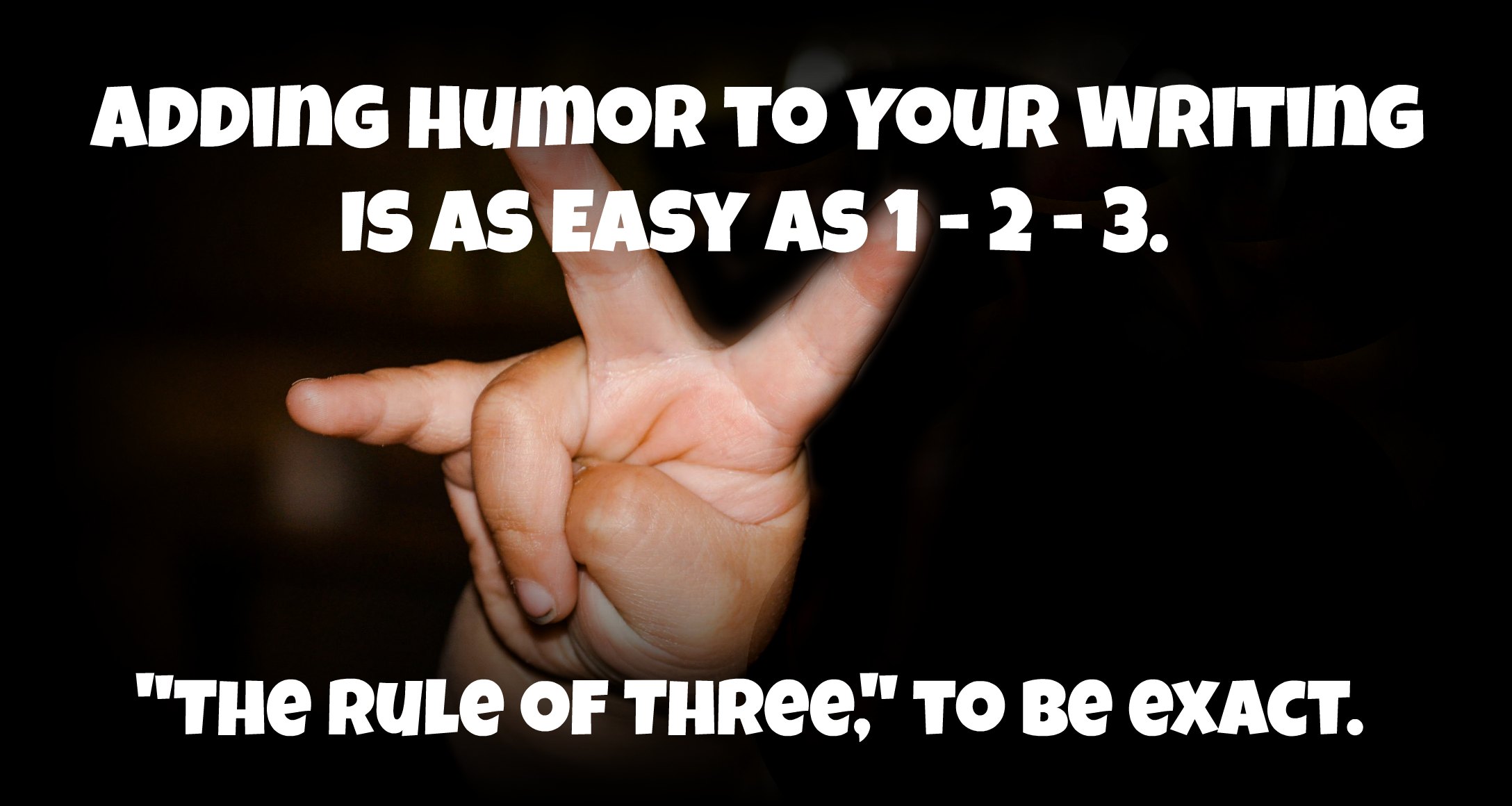
Adding humor to any type of writing is as easy as 1 – 2 – 3. Not 1 –…
March 8, 2016
For the past couple of posts, we’ve been focusing on confusing word pairs. Today will continue with a few…
February 22, 2016
by Elaine Marie Cooper Many authors, both new and the more experienced, get discouraged when hunting for knowledgeable readers…
February 17, 2016
by Sandra Merville Hart With the celebration of Presidents Day this month, Americans may remember the very famous Gettysburg…
February 15, 2016
We’ll take a break from adding more confusing words to our list this time and focus only on…
February 9, 2016
One of these things is not like the other. One of these things just doesn’t belong . . .…
February 2, 2016
Keeping the faith in your writing can be difficult. I remember sitting on my back porch with a rejection…
January 21, 2016
We’re familiar with a brand as it relates to corporations. When we think of Coke, McDonalds, and Nike these…
December 17, 2015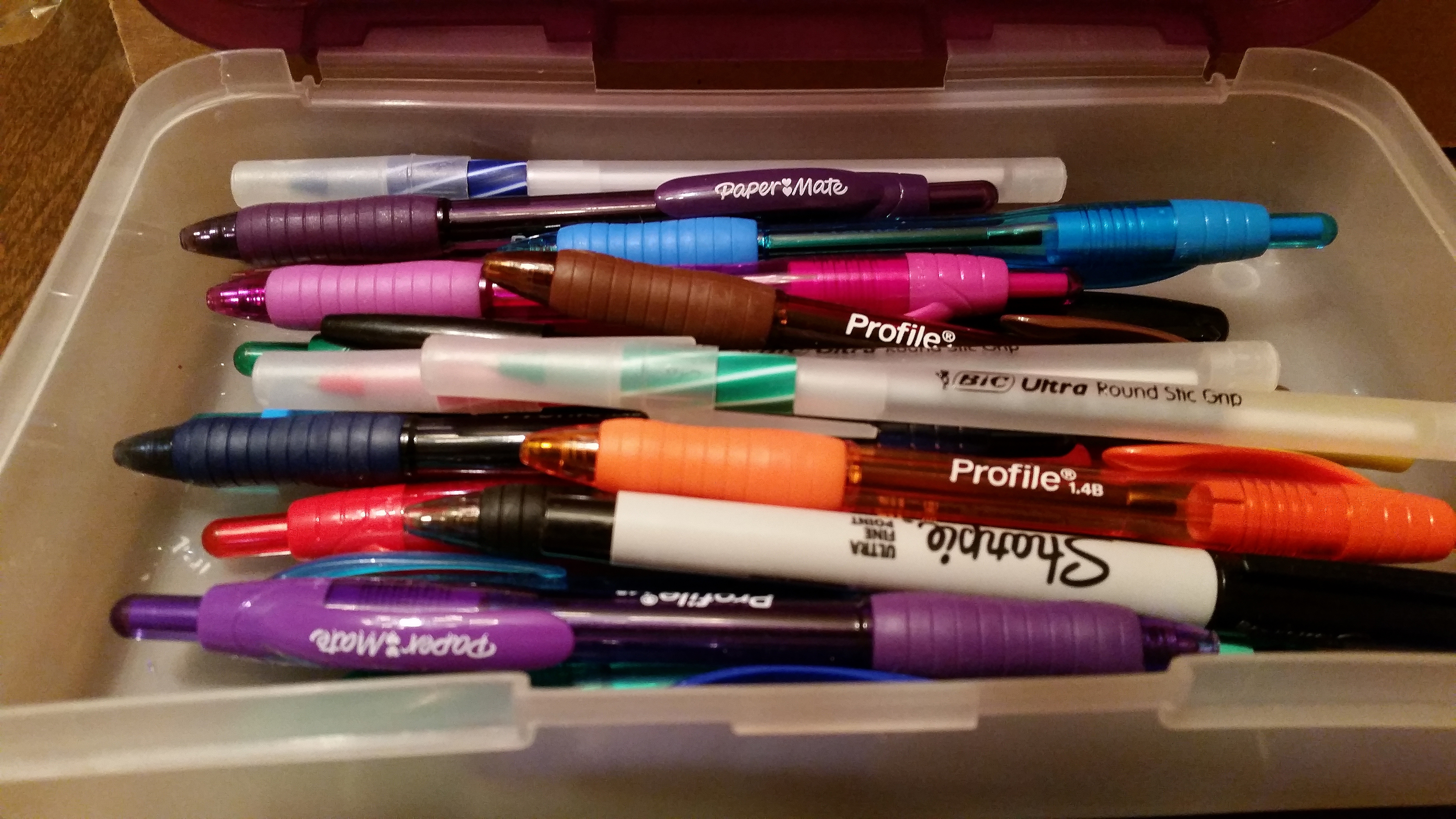
This time, we’ll look at Character Struggles, and how they help make unforgettable fiction. Here’s a great way to…
December 15, 2015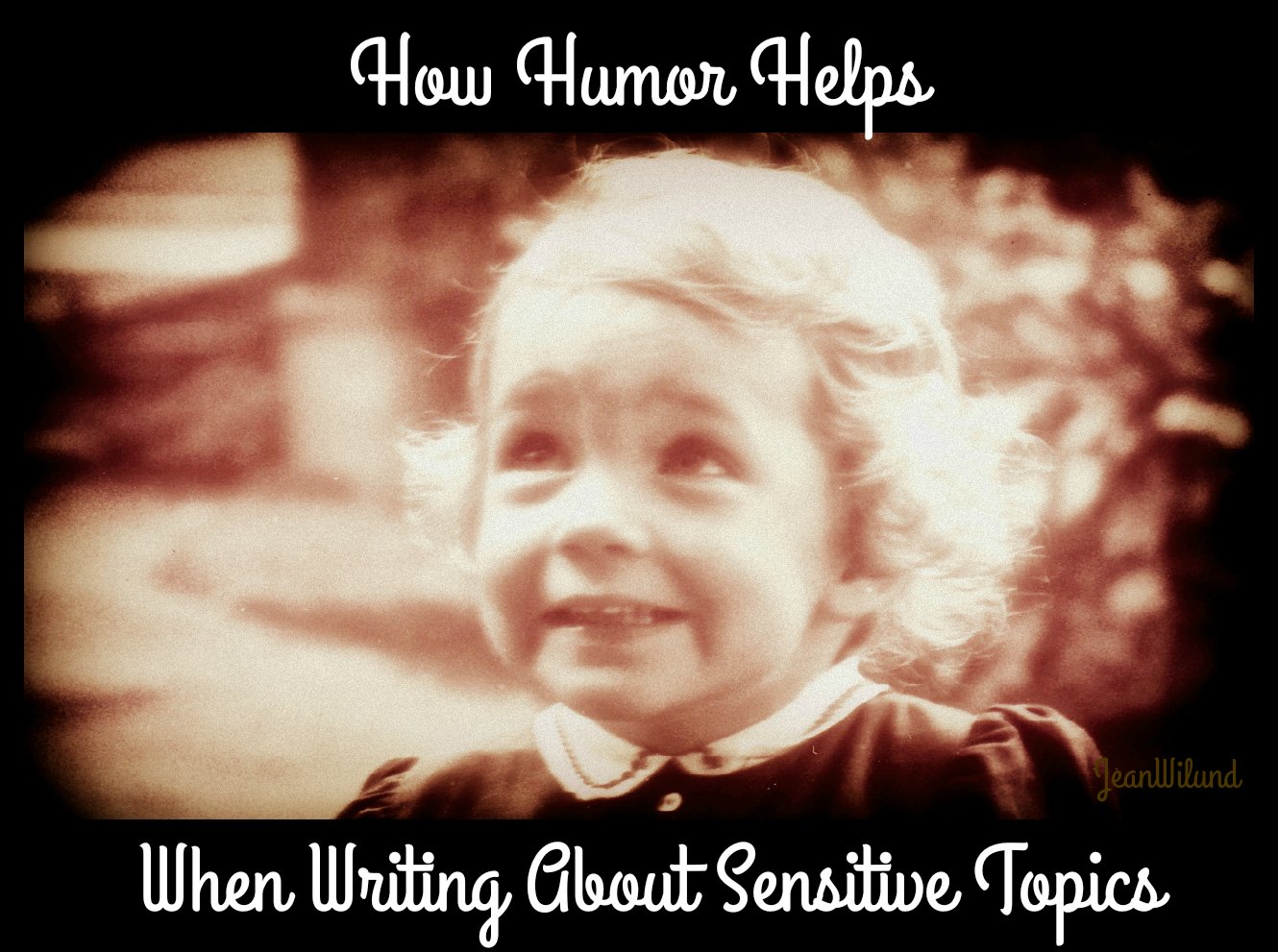
At first glance, making people laugh when addressing a sensitive topic seems absurd, maybe even callous. But then again, a little…
November 18, 2015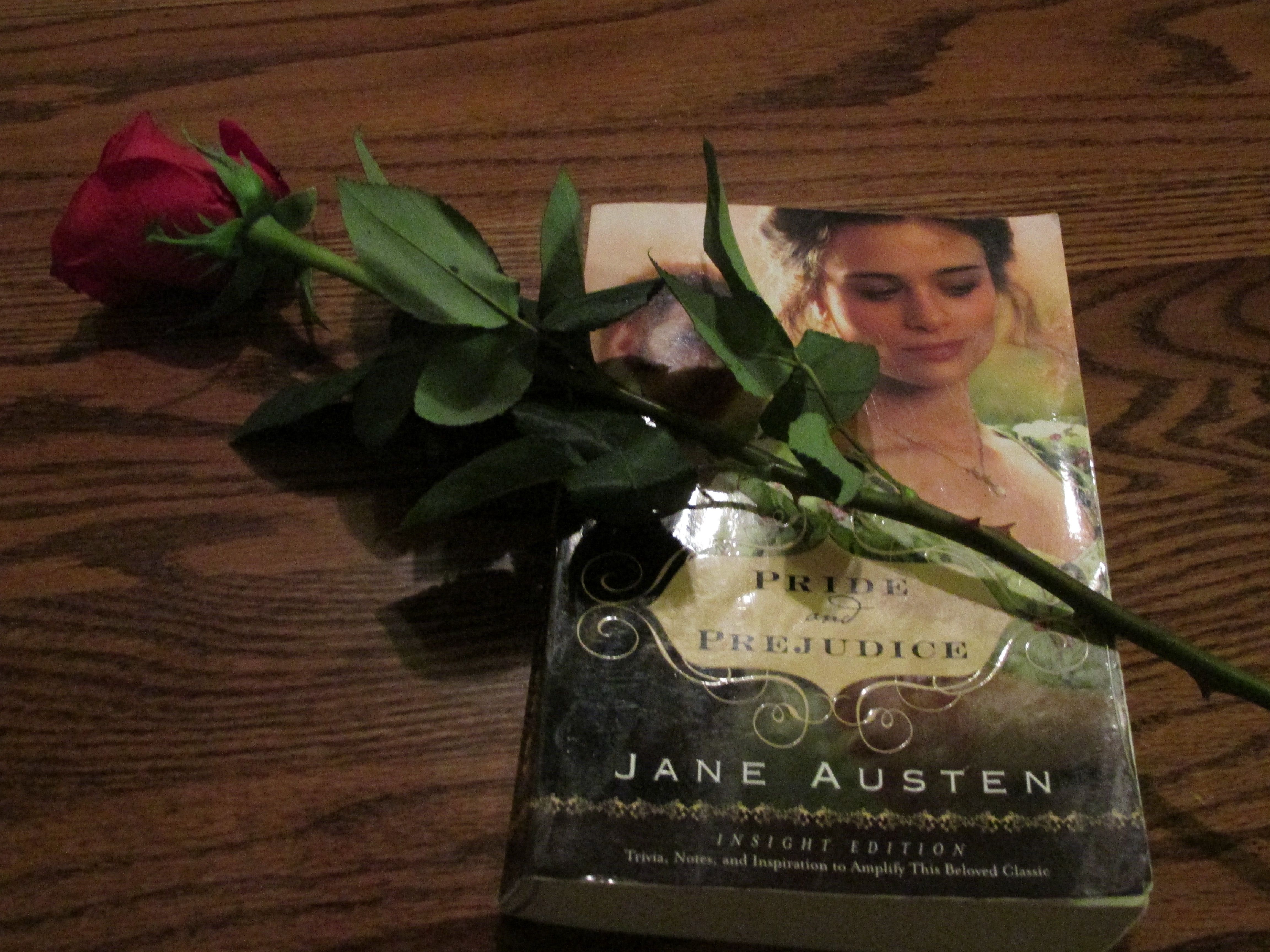
By Sandra Merville Hart I’ve read Jane Austen’s Pride and Prejudice at least a dozen times and loved…
November 14, 2015
We’re looking at Donald Maass’ The Fire in Fiction. @DonaldMaass #FireinFiction I’m on a quest to learn more about…
November 10, 2015
I hope that you, as a writer, do a LOT of reading! I think there are three types of…
October 29, 2015
I was browsing my local paper and right in the middle of the classified section I spied this teaser:…
October 25, 2015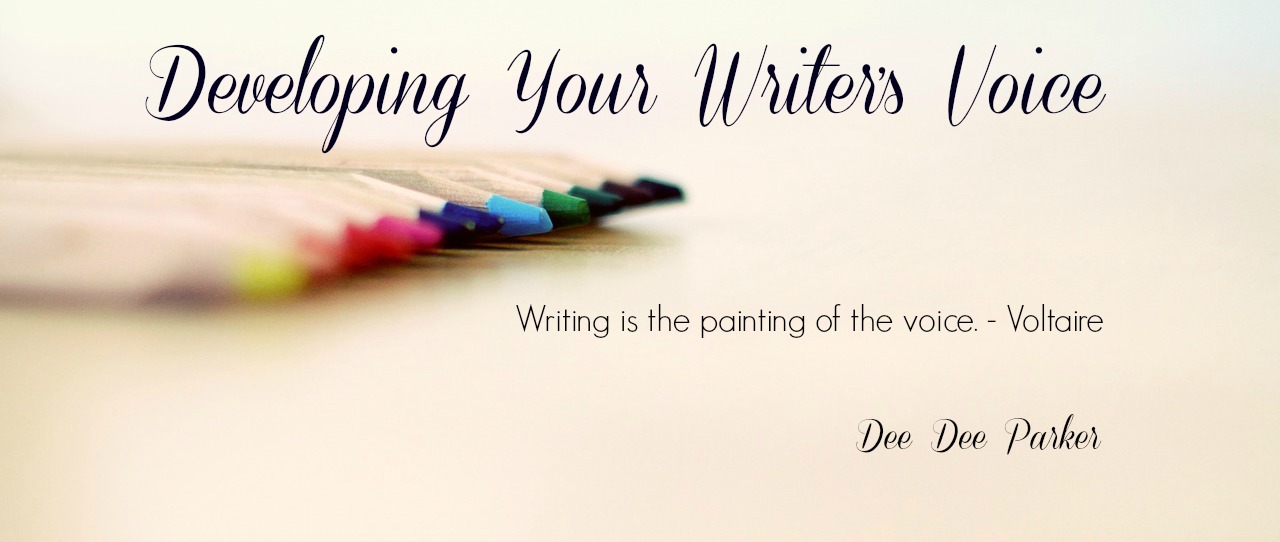
A writer’s voice is the unique personality of the writer that comes through on the written page, defining his…
October 21, 2015
When drafting your novel, then self-editing, go back and determine whether or not any given scene moves the story…
October 15, 2015
Every time I teach “Writing for Children” at a writers’ conference or teach a “Children’s Writing 101” class…
October 14, 2015
If you are a born again follower of Christ then you have been given a spiritual gift or gifts.…
October 3, 2015
by Alycia W. Morales When I started reading the Divergent series by Veronica Roth, friends were conflicted over the…
September 25, 2015
What’s wrong with this sentence? Me and Cam finished the Army Ten-Miler. Me should be I, right? Easy. Most…
September 18, 2015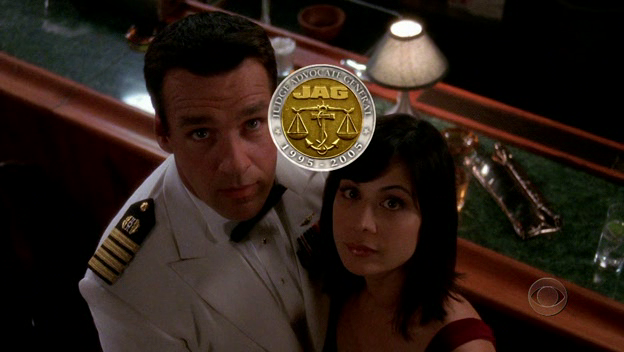
How do you know your story is worth telling? How do you evaluate whether or not your idea is…
September 9, 2015